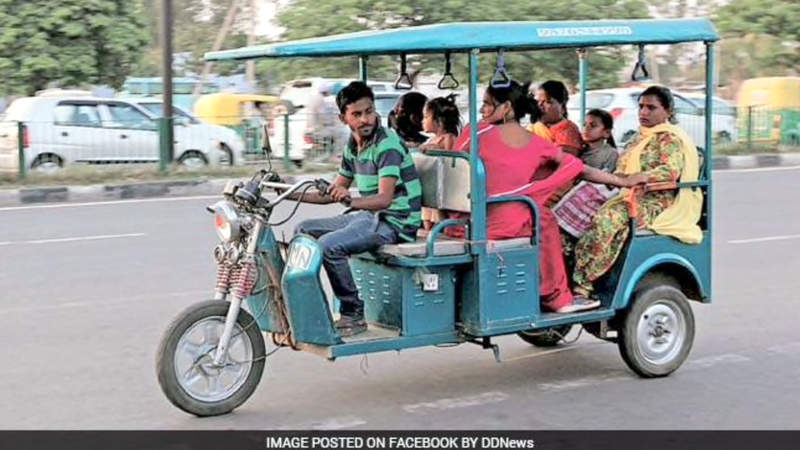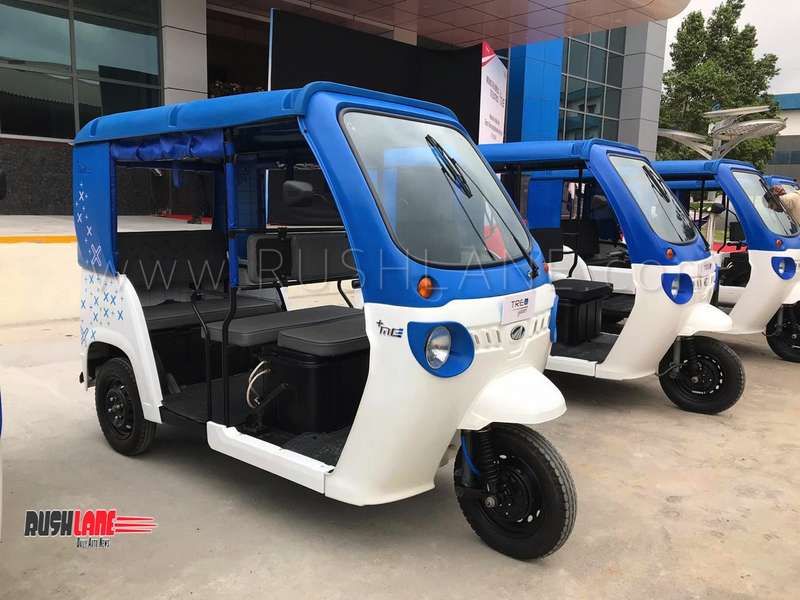
While there are longdrawn and oft discussed city development plans that highlight last mile connectivity, for the most part, it’s an inconvenience that commuters resort to solving by themselves. Electric rickshaws have found acceptance in West Bengal, Bihar, Uttar Pradesh, and Delhi. In fact, in vast stretches across these states, there are areas wherein sitting on an electric rickshaw will present itself as the most feasible option.
They are no doubt an effective last mile connectivity vehicle, and undoubtedly a cheaper mode of transportation. You can get from point A to point B for 10 bucks, and that’s a grand deal when you have to keep aside small change for daily commute.
Across West begal, E-rickshaws are commonly called ‘Toto’. And they have helped those who earlier plied cycle rickshaws move to a similar job on similar routes but at an effort that isn’t backbreaking, and relies on brute force.

With flat pack rickshaws entering the country via the China route, these are sold for as low as Rs 40k. There are now mechanics by the side of the road who have embraced the working of these electric units and found effective solutions in regard to maintenance and upkeep. What this has done is limited the market scope for the organised sector. Their E-rickshaws are pricier and come with the support of what is known as a trusted network.
However, that promise doesn’t woo the potential market. Since these aren’t long distance vehicles, finding a local mechanic works just fine for most drivers. Even more pressing is the question on RoI, and considering the competitive entry price point, it’s no doubt that buyers are happy with these offerings. So though the electric rickshaw market is growing, Mahindra, Kinetic, and Hero Electric have find it difficult to capitalise.
This leads to the question of safety. Not so much the capacity of such a vehicle to withstand in the event of a crash, because an electric scooter stands no chance against a bigger speedier vehicle irrespective of manufacturer. What however is a question that needs to be answered is the use of lead acid batteries as against lithium powered battery alternatives.

